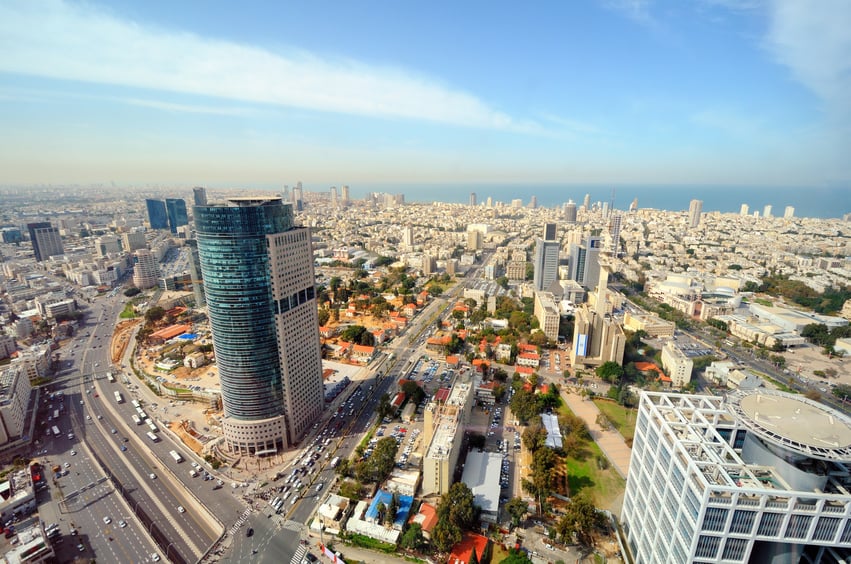On 1 March 2014, the Regulations on Establishing a Commercial Bribery Blacklist for the Purchase and Sale of Medicines (“2013 Blacklist Regulations“) became effective and replaced the earlier 2007 blacklist regulations .
The aim of the regulation is to combat corruption in the healthcare sector by (i) promoting implementation of a commercial bribery blacklist (“Blacklist“) and (ii) subjecting blacklisted enterprises and individuals to nationwide exposure by publishing a Blacklist on the website of the the People’s Republic of China National Health and Family Planning Commission (“NHFPC“).
The NHFPC also issued its Nine Prohibitions to Strengthen Ethical Conduct in the Healthcare Industry (“Nine Prohibitions“) on 26 December 2013, effective the same day. The Nine Prohibitions re-emphasize restrictions imposed on healthcare professionals (“HCPs“) and healthcare institutions, and highlight high-risk areas such as offering improper donations, subsidies, travel and entertainment.
1. The 2013 Blacklist Regulations
1.1 Who is to be blacklisted
The scope of the Blacklist includes manufacturers, distributors of medicines, medical devices and medical consumables or spare parts, as well as their respective agents who commit bribery in selling their products. According to the Regulation an enterprise can be listed for two years when:
(a) a court convicts them of bribery (whether or not criminal penalties were imposed);
(b) the bribery is relatively minor and the procuratorate decides not to prosecute;
(c) the disciplinary and supervisory authorities have investigated and taken measures according to laws;
(d) the financial, administration for industry and commerce, food and drug administration or other such authorities impose administrative penalties; or
(e) other circumstances stipulated by relevant laws, regulations or rules.
1.2 What is to be blacklisted
The Blacklist will publish name of enterprise or individual, business address, name and title of legal representative or responsible person, basis of the illegality, related court judgments or written administrative penalty decisions and blacklisting start and end dates.
2. The Nine Prohibitions
The Nine Prohibitions provide the following restrictions:
(a) Healthcare institutions may not link an HCP’s compensation to revenue generated from sale of medicine or medical examinations.
(b) Healthcare institutions may not give HCPs commissions for prescriptions, and HCPs may not accept commissions for introducing patients to other institutions for examinations, treatment or purchase of medicine.
(c) Healthcare institutions may not overcharge patients.
(d) Healthcare institutions, industry associations and research associations may not accept illegal or unreasonable donations. There are strict requirements how and by whom acceptable donations must be handled.
(e) Healthcare institutions and HCPs may not illegally advertise, participate in promotions for medicine, food, healthcare products, etc., or disclose patients’ or customers’ personal data and medical information.
(f) HCPs may not collate prescription statistics for commercial purposes or facilitate medical sales personnel doing so.
(g) HCPs may not illegally buy, sell, or use medicine, medical devices or consumables without strictly following the relevant compliance policies on procurement, acceptance, safekeeping and supply.
(h) HCPs may not accept kickbacks in any form from enterprises or individuals, or participate in entertainment arranged, organised or paid for by healthcare enterprises and individuals and held in commercial entertainment venues.4 Baker & McKenzie | January 2014
(i) HCPs may not accept financial benefits from patients or their relatives, including “red packets”, payment vouchers and valuable gifts.
3. Practical implications
3.1 2013 Blacklist Regulations: greater supply side exposure; uncertain implementation
The first attempt to establish a commercial bribery blacklist system was under the 2007 regulations. Nonetheless the scope of the current Blacklists is relatively limited so far and mainly focused on criminal violations. The 2013 Blacklist Regulations may make a difference in 2014. Local health administration authorities may be pressured to build up or improve their Blacklists as soon as possible. However, since the 2013 Blacklist Regulations were issued by NHFPC itself, rather than jointly with other authorities such as the State Administration for Industry and Commerce, the Supreme People’s Court and the Supreme People’s Procuratorate, the extent to which the implementation of the Blacklists can be improved is still uncertain.
3.2 Nine Prohibitions: more demand side scrutiny
As a result of the Nine Prohibitions healthcare institutions will be expected to strengthen their internal compliance polices and controls and give more training to HCPs, and HCPs will be expected to be more prudent when interacting with the medical manufacturers, distributors and agents. Accordingly, pharma and medical device companies may need to take various measures to strengthen compliance, e.g. by revising their compliance policies in order to comply with the new standards or providing tailored trainings to sales representatives and marketing managers.



